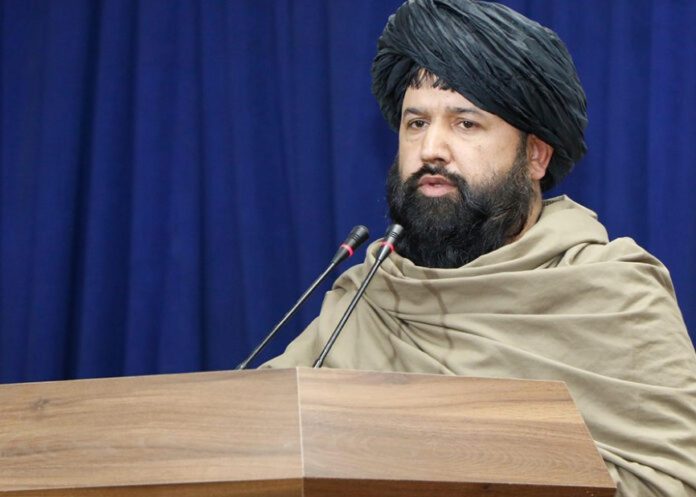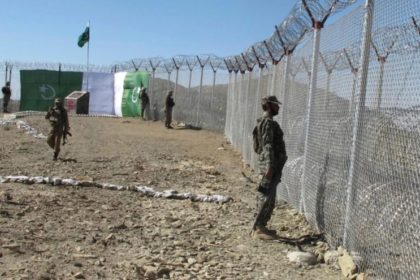RASC News Agency: The Acting Minister of Higher Education of the Taliban group recently emphasized the importance of expertise within Afghanistan society. Neda Mohammad Nadim, the acting minister, highlighted this during the opening ceremony of master’s and doctorate programs at the International University of Afghanistan held on November 18th. He stressed that Afghanistan is in dire need of experts in various fields, as specialization plays a crucial role in societal development. According to him, expertise is not just a mere asset, but a vital component for the success of any system or institution.
However, it is important to address the existing challenges in the education sector of Afghanistan, particularly for the country’s youth. The Acting Minister stated that there are no longer obstacles for young Afghanistani to pursue education within their own country, eliminating the need to travel abroad for studies. Nevertheless, it is worth noting that the current positions in various departments are predominantly occupied by religious school graduates and Mullahs, rather than individuals with specialized knowledge. This raises concerns about the lack of qualified professionals in key roles, potentially hampering the country’s progress.
Furthermore, the issue of brain drain looms large as many intellectuals and educated individuals have left Afghanistan due to the Taliban’s violent behavior towards citizens and educated people. This departure of talent and expertise has further exacerbated the shortage of experts within the country. Reports have also emerged indicating that the Ministry of Higher Education under the Taliban group has confiscated the passports of 500 students, preventing them from traveling to Russia for further education. This action is based on the misguided fear that these students may return as communists, obstructing the opportunities for Afghanistani students to pursue higher education abroad.
In light of these challenges, it is imperative that Afghanistan takes immediate action to address the scarcity of experts within the country. A concerted effort must be made to prioritize the recruitment and utilization of professionals with specialized knowledge in key sectors. Facilitating an environment that encourages intellectuals and educated individuals to remain in the country and contribute to its development is critical. Additionally, the freedom to pursue higher education abroad, without unnecessary restrictions, should be safeguarded to allow Afghanistani students to acquire the necessary expertise and contribute to the future progress of their nation.






